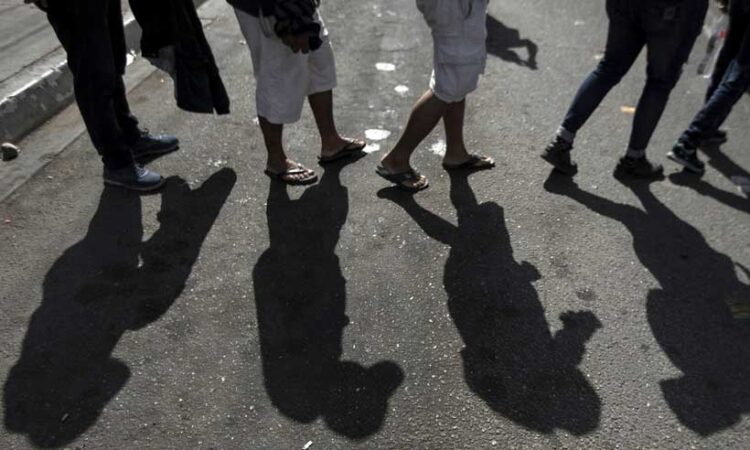
A new study has highlighted the disproportionate vulnerability to homelessness faced by migrants, and calls for an urgent re-evaluation of immigration policies. The research, conducted by the University of Portsmouth and funded by UKRI/ESRC, has unveiled the stark realities of migrants’ lives and emphasises the damage caused to their lives by a lack of access to work, secure housing, healthcare and social support.
One of the study’s key findings is that the majority of asylum seekers aspire to work, underscoring the paradox of asylum seekers being denied the opportunity to work while their claims are being assessed. The situation not only impedes their personal aspirations but also has detrimental effects on the UK economy, which is grappling with unfilled job vacancies. By expediting the asylum claim assessment process and permitting work during this period these individuals would be able to contribute to the workforce while pursuing their own aims of safety and employment. Unfortunately, the current system forces them into a cycle of deprivation that increases their vulnerability rather than fostering self-sufficiency.
Dr Simon Stewart, Professor of Sociology at the University of Portsmouth said; “The current situation blocks the potential contributions these individuals could make if allowed to participate in the formal economy. Instead, many are compelled to work in the informal sector, which only perpetuates their vulnerability and exposes them to illegal and dangerous working conditions.”
Other findings from the study highlighted the enduring precarity experienced by migrants due to limited access to the labour market, immigration advice and support services and the instability of visa statuses. The policies, practices and technologies of UK immigration control were found to play a pivotal role in structuring migrants’ lives, resulting in varying degrees of precariousness across different immigration statutes.
By examining the life stories of four individuals with different immigration statuses, including those with spousal visa, EEA migrant status, refugee status and asylum seekers, the research expands the understanding of migrant experiences beyond asylum seekers alone. With its focus on the temporal aspect of suffering, the study reveals that for many individuals, the decline into destitution often occurs after years and sometimes decades of relatively stable lives in the UK, raising questions about the permeability and endurance of the border throughout one’s lifetime.
Dr Stewart, said: “Immigration policies are crucial in shaping access to labour markets, welfare, healthcare and means of subsistence. Restrictions associated with ‘inferior statuses’ mean that migrants are unable to lead a dignified life and are vulnerable to destitution and homelessness. Our research highlights the incremental ‘slow violence’ many migrants experience over time which often culminates in a swift decline in circumstances triggered by something such as job loss or submitting a document late. When destitute, migrants experiencing homelessness are left waiting, confronting stretched time as they endure a seemingly endless wait for Home Office decisions on their immigration applications.”
The study establishes an obvious connection between migration and homelessness and between ‘hostile environment’ policies and vulnerability to destitution.
Researchers are calling for a re-evaluation of immigration policies and the recognition of migrants’ rights to work and secure housing, healthcare and social support. They hope that by using this research, policymakers will consider the evidence presented in research studies and develop a more humane approach to immigration policy while providing longer-term housing solutions for migrants experiencing homelessness.






